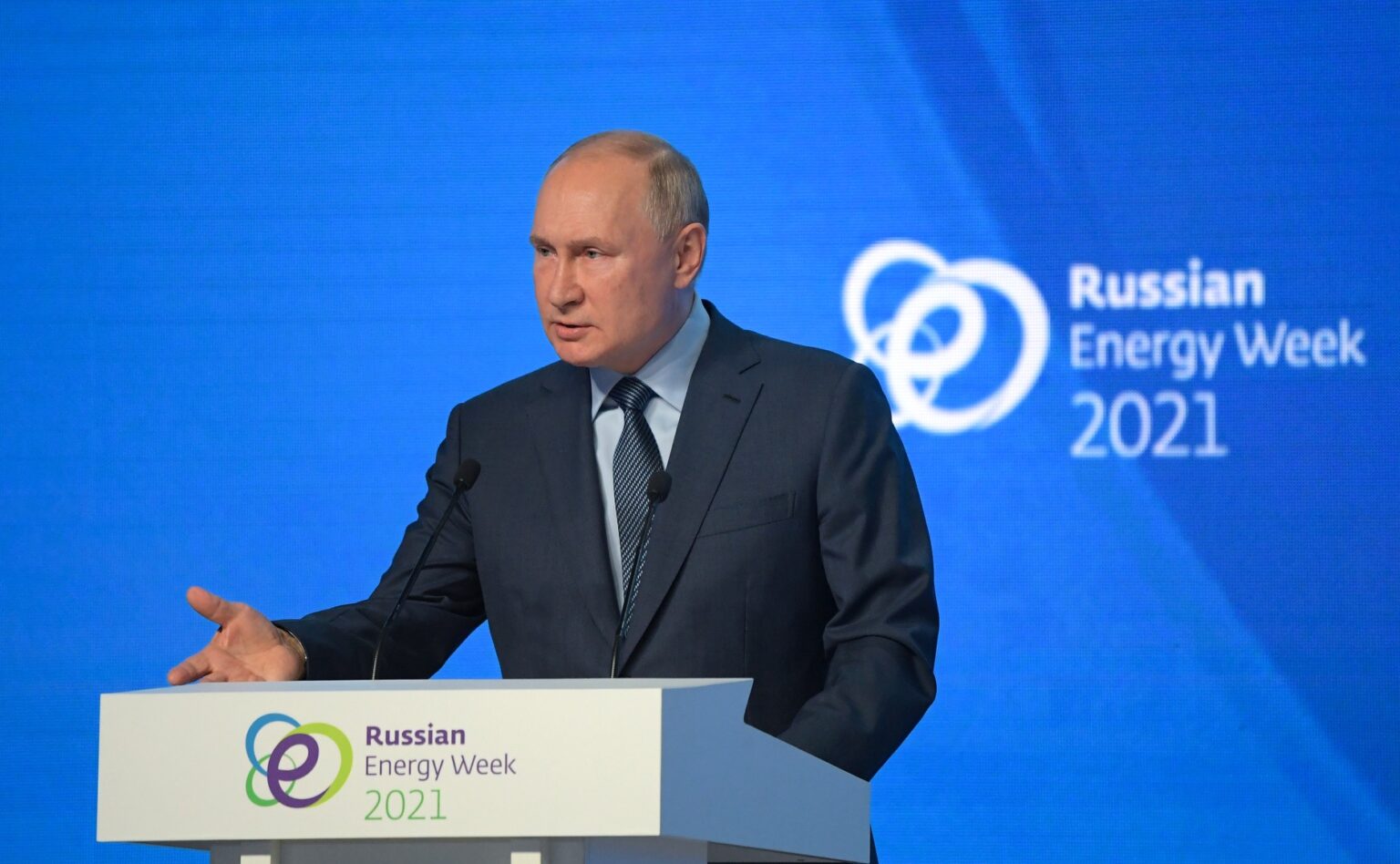If Vladimir Putin is starting to seize German and Finnish assets, then nothing prevents him from taking revenge also on the Poles, who rightly seized the assets of Russian companies in the European Union. It’s time to leave Russia, if someone hasn’t already done so – writes Wojciech Jakóbik, editor-in-chief at BiznesAlert.pl.
Russian President Vladimir Putin has signed a decree on the temporary management of foreign assets in Russia. It imposes a trusteeship by the Federal Asset Management Agency on Fortum from Finland and the German Unipro. This may escalate, and some Polish companies still have assets in Russia.
The interim trusteeship gives the Russians control over assets of „extraordinary importance for the stable functioning of Russia’s energy sector” and is intended to „ensure the uninterrupted operation of companies important for the national economy and eliminate the risk of influence of the political position of a number of hostile states” on Russia’s security.
This solution is similar to the trusteeship imposed by the German agency Bundesnetzagentur on the assets of Russia’s Rosneft in Germany, e.g. the Schwedt refinery, after the Russian invasion of Ukraine. Energy security was also an argument. Gazprom’s assets were nationalized. The trusteeship has also been introduced in relation to Novatek Green Energy and the owner of the Polish section of the Yamal gas pipeline, EuRoPol Gaz. This has been reported by the Russian Vedomosti.
This move is a red alert for companies that still remain in Russia and have some connection with the energy sector. While the Polish Famur became in March 2023 the target of informal blackmail in order to seize assets, the decree of the President of Russia gives the possibility of a legal hostile takeover in white gloves. The assets of a company can also be acquired if they are considered strategically important. In general, after the Russian invasion of Ukraine, any Polish company investing further in the Russian market acts not only to the detriment of the West’s efforts to contain the Kremlin, but also puts itself in danger.









